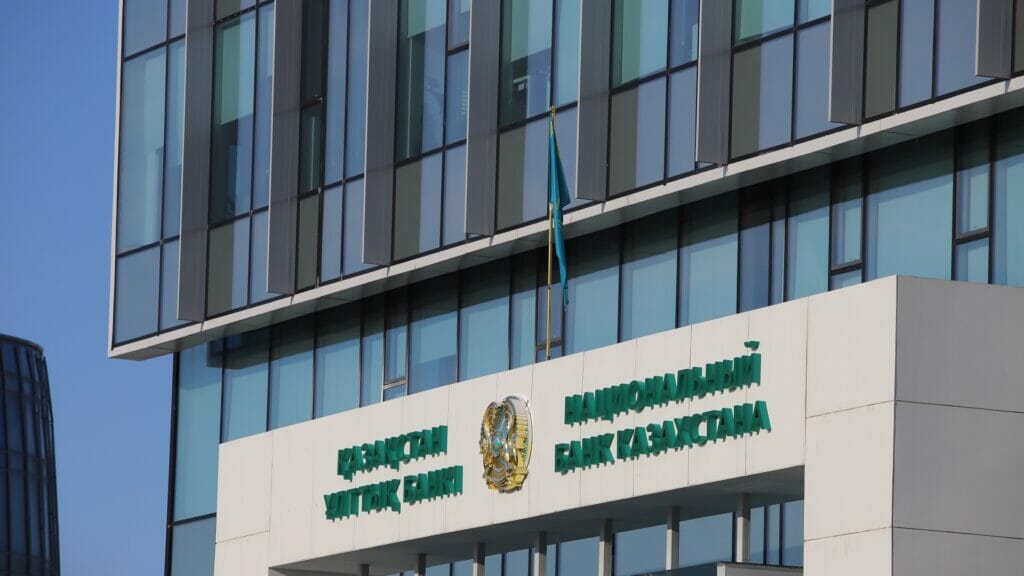National Bank reveals where it is going to invest pension money

More than one billion U.S. dollars of pension money will be invested this year by the National Bank of Kazakhstan into bonds issued by the Baiterek holding, according to an official statement on the regulator’s website.
It is expected that Baiterek will use this money to issue loans to big projects in machinery manufacturing, metallurgy, food and textile industries, construction and infrastructural projects. However, each of these projects must be approved by the government first.
As of January 1, 2023, the National Bank controlled $31.6 billion of pension money. About a half of these funds ($15.5 billion or 49.7%) has been invested into Kazakhstan’s public securities; 11.4% ($3.4 billion) into the quazi-state sector’s bonds; 6.4% ($2 billion) into bonds issued by commercial banks; 5.5% ($1.7 billion) into foreign debts, and 2.5% (802 million) into security papers by international financial organizations including the European Bank for Reconstruction and Development, Eurasian Development Bank and Asian Development Bank.
More than $1.5 billion of pension money is currently invested in Baiterek’s bonds and about $35 million (0.11% of the funds) the National Bank invested in bond papers of Kazakhstani companies. Even though the National Bank controls the vast majority of pension money in the country, four other actors also manage these funds: Jusan Invest ($9 million), Halyk Global Markets ($5.6 million), BCC Invest ($3.2 million) and Sentras Securities ($1.9 million).
Earlier in January, Nurzhan Tursunkhanov, head of the monetary transaction department under the National Bank, said that the regulator will continue to implement its balanced investment policy and diversify its portfolio further this year. For instance, the bank said it is going to keep its foreign currency assets share at 30%. The official explained that the National Bank didn’t do well in terms of getting profit from its investments last year due to the recession in the global stock market and the tightening of monetary policy by leading central banks all over the world.

